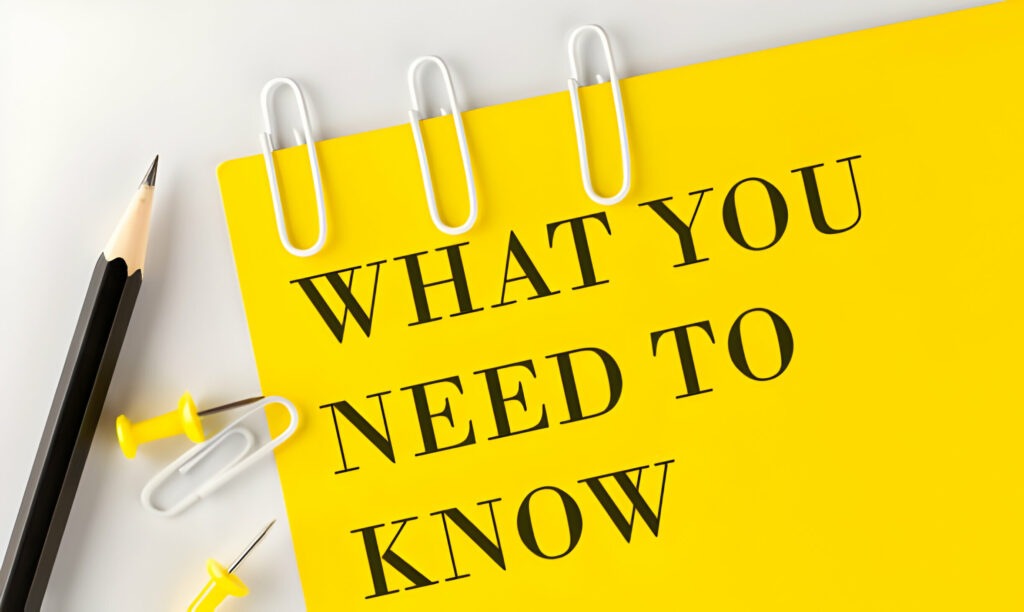Many times, a VPN is described as a magical encrypted tunnel that “protects” your identity. However, these explanations are frequently inaccurate and highly abstract.
“Virtual Private Network” (VPN) refers to the ability to create a secure network connection when utilizing public networks. VPNs mask your online identity and encrypt your internet activity. This increases the difficulty level for third parties to monitor your internet activity and pilfer data.
In order to conceal your location and prevent other parties from capturing your web traffic, a VPN is a cybersecurity solution that encrypts your internet connection. When you shop, bank, and browse the internet, a VPN protects your privacy and anonymity.
Image Source: Istockphoto
In this article i’m going to be explaining what is a VPN (Virtual Private Network) and how it works
What Is a VPN?
A virtual private network, or VPN, is a service that hides your IP address. Because your IP address cannot be connected to your data, you can browse the internet anonymously thanks to this.
All you have to do to comprehend what a VPN does is deconstruct the terms “virtual,” “private,” and “network.”
Because they are a digital service, VPNs are “virtual.” To utilize them, no hardware or cable is required.
VPNs are considered “private” because they protect your connection through encryption, preventing governments, ISPs, cybercriminals, and other prying eyes from snooping on you while you browse the web.
Because they provide a secure link between your device, the VPN server, and the internet, VPNs are referred to as “networks.”
How Does a VPN Work?
Image Source: Istockphoto
With a VPN, your traffic is encrypted and redirected to a distant server. Your Internet service provider, or ISP, usually gets your request to visit a website and reroutes you to the desired location. However, before your internet traffic reaches its destination, a remote server reroutes it when you connect to a VPN.
A VPN, first and foremost, conceals your information from prying eyes; encryption is crucial for safeguarding your internet activity and reducing your digital trace. Your internet service provider won’t be able to sell the highest bidder your complete browser history in this way.
Your IP address is likewise disguised, and the VPN server you’re connecting to assigns you a new one that hides your actual location. By doing this, you can browse the internet with much more security and privacy because no one can tell where you are browsing from.
What does a VPN hide?
Because VPNs operate at the operating system level, all of your traffic is redirected via several servers. This implies that when you browse the web, both your physical location and all of your online activity remain hidden. When you use a VPN server to access a website, one of the numerous VPN routers—also referred to as a proxy server—is displayed as the source of your connection rather than your own. As a result, neither the website’s proprietors nor any other person attempting to spy on you can identify you.
The closest thing to full online anonymity short of adopting the Tor network is VPN protection, which essentially keeps your online activity constantly moving by bouncing your connection around a large network of volunteer relays so nobody can focus on it. VPNs provide adequate and crucial security when navigating the unregulated and potentially hacker-infested cyberspace of today. They do not employ this (extremely sluggish) protocol.
Web proxies, Tor, and VPNs are all viable options for online privacy solutions; but, a VPN provides the best combination of speed and full-encompassing protection.
A VPN will keep you private whether your goals are to prevent identity theft, hide your location from content providers and marketers, or stay secure on public Wi-Fi. It provides strong security, particularly when used in conjunction with other cybersecurity solutions, such as a secure messaging app.
What Does a VPN Do
There are lots of things a VPN do but here are a few things a VPN can do:
- Conceal Your Internet Activity
- Block Malware and Trackers
- Encrypt Your Data
1. Conceal Your Internet Activity
Search engines and your ISP monitor your internet searches in order to sell your data, provide localized content, and show you tailored advertisements. Search engines are unable to target you when using a VPN since the data is linked to the VPN rather than you and allows you to browse through a different IP address.
2. Block Malware and Trackers
Numerous fraudsters take advantage of weak public WiFi networks to install malware on victims’ PCs and trackers like keyloggers, which monitor everything they enter, even passwords. Cybercriminals specifically exploit the data they intercept from traffic passing through public servers to identify possible victims.
Your VPN service encrypts the data that travels between your computer and the destination server when you use an app. Hackers and fraudsters are prevented from accessing your data by this end-to-end encryption.
3. Encrypt Your Data
Any data you transfer while using a VPN service is encrypted. Governments and corporate spies cannot access any important information or data that you need to transmit if it is encrypted.
Advantages of Using a VPN
1. Get around filters & unblock websites
There may be situations in which you need or desire to access specific websites, but they are prohibited by your department at work, your school, or your institution. In these situations, a virtual private network (VPN) will enable you to go over all of the blocking filters and visit the websites you want to visit on your own, without assistance from others.
2. Bypass regional restrictions
Because their government forbids them from using other websites, people in some nations are unable to access any websites, including YouTube or Google.
A virtual private network (VPN) can assist in getting over any regional limitations if you’re in one of these locations and yet want to access these restricted websites. All of the stuff that is blocked or restricted will be available to you without revealing your activities to the authorities.
3.Get to geo blocked websites
A variety of websites, exclusive deals, and services are offered for particular nations or areas. However, what would happen if you wanted to benefit from that opportunity as well, but it wasn’t available where you lived?
By altering your IP address, a VPN can assist you in changing your online location. After that, you’ll appear to be a user from that nation and you can also have all the benefits that people in that particular region are enjoying.
4.Change your IP address
Your internet service provider (ISP) monitors everything you do on the internet, including the websites you visit, how long you spend on them, and when you log in and out.
But occasionally, it could be necessary to conceal your browsing habits and history from your ISP and local network. In such a scenario, you may keep all of your data encrypted by utilizing a VPN, and your internet service provider won’t be able to track your online activities. The VPN will conceal every online action you do.

